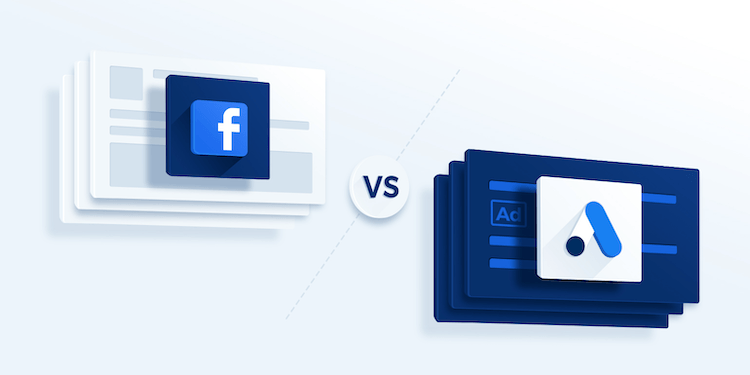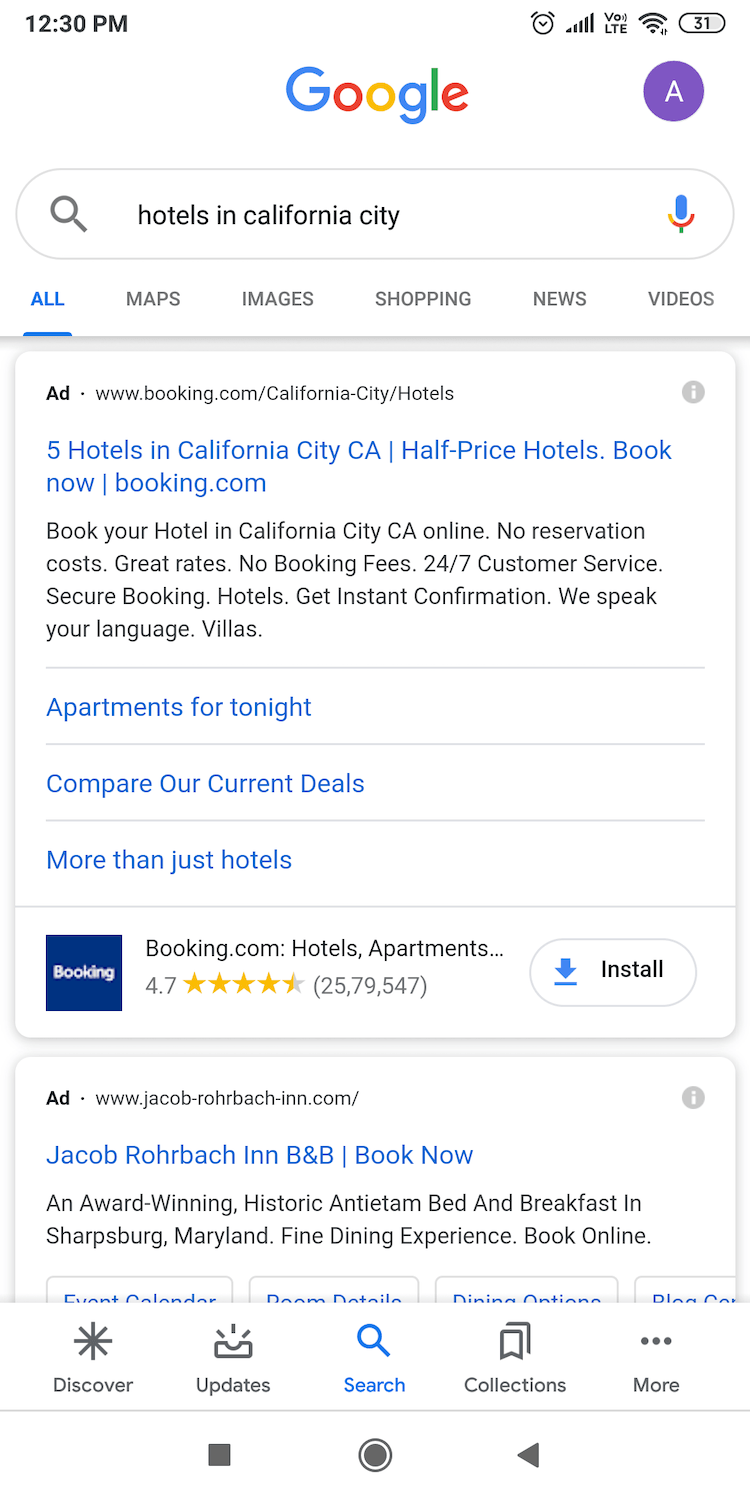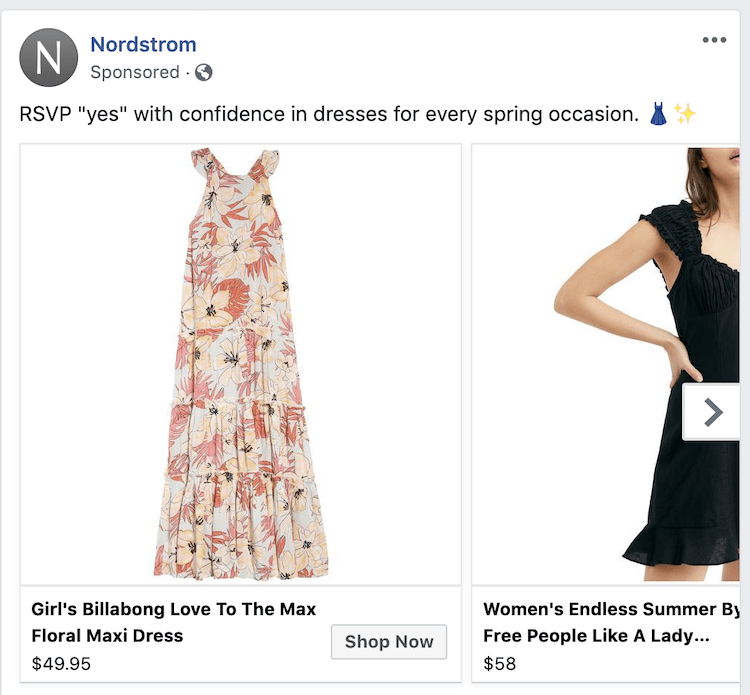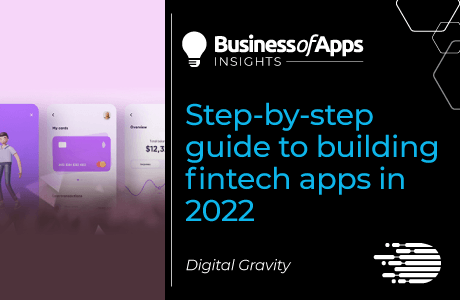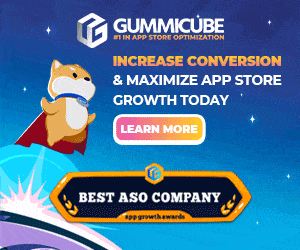The world of advertising has changed since the introduction of Web 2.0. We’re moving past the traditional ways of marketing and engulfing into the new age of digital storytelling. Platforms such as Google and Facebook have been at the center of this shift in paradigm. With each platform encompassing over a billion users, these two are an industry in themselves. It’s still ironic that even at this level, these Fortune 500 companies are constantly waging war to come on top against each other. Their recent playfield for competition has been mobile ads.
Over the past few years, both companies have invested a large amount in improving their ad networks. Google made its first major investment more than a decade ago when it acquired ‘Admob’. Facebook on the other hand, with FBX, innovated its mobile advertising to be more compelling and fruitful for the advertisers. FBX though near the end of its reign has contributed a lot to Facebook’s performance marketing approach in the past few years.
However straightforward the question, when the answer has industry pioneers such as Facebook and Google in it, can not be as simple as we wished it would be. The question still remains – Google with above 2 billion users on all its 7 platforms and Facebook being a social networking giant while having acquired 82 companies, including WhatsApp and Instagram, are constantly getting up their mobile advertising game.
What is mobile advertising
With an increasing share of mobile users over desktop, it is only valid for all the platforms to be focusing on Mobile Advertising. First, let’s understand what mobile advertising is all about. Mobile Advertising is any type of ad you see appearing on your smartphone and tablets.
It can be in various forms such as banner ads on the apps you have installed or carousel ads in your Facebook feed. These ads are customized on the basis of an individual’s web history, geographic locations, and shopping patterns. There are also various other filters like age and gender that help brands target a specific niche of audiences.
Google Ads & Facebook Ads – Meaning
Both Google and Facebook have a vast presence all over the internet and are in direct competition with one another. Let’s start by mentioning the similarities, both the platforms operate on a pay-per-click basis. By creating an ad on any of the two platforms you enter into an auction and bid the amount you wish to spend on the ad. Every time a user clicks on your ad, you will be charged a certain amount of money. Simple, isn’t it?
Paid Search vs Paid Social – The Difference
Paid Search is basically paying to be listed on a search engine result page and on top of the other organic results. Here, the search is keyword-based and not target audience based (though it is recommended you adjust the settings to target a specific audience based on demographics).
Google Ads, formerly known as Google Adwords now covers more than just paid search though. It covers all the platforms such as:
- Google Search
- YouTube
- Google Display Network
- Google Play
- Google Maps
This means you can advertise on all these platforms via Google Ads. On the other hand, Facebook Ads offer paid social media advertising. We all know about the declining organic reach of brands due to ever-changing Facebook Algorithms, leading to a rapid rise in paid social ads.
Facebook Ads are not just limited to your News Feed anymore. Through Facebook Ads, you can advertise on:
- Facebook News Feed
- Audience Network
- Facebook Messenger
Key Traits to Consider
Target Audience
In today’s day and age, it is next to impossible for an individual to shy away from these two massive platforms. Google has more than 3.5 billion searches daily and Facebook, on the other hand, has 1.45 billion active users.
🕒 Mobile Speed Matters: Stop Losing Customers 📉
Discover mobile benchmarks, top conversion killers, and expert fixes. Learn how to keep users engaged and drive revenue on mobile!
Download nowSo it was only sensible to say that your target audience is either of the two platforms or even both every single day. The more important question to ask is – Are people likely to search for my product on a search engine? If yes, then that means your product is search-oriented and you should start with Google Ads.
If no, then the product or service you are advertising is most likely not yet mainstream. Here, you should go ahead with Facebook Ads.
Ad Visuals
Google has been constantly working on the number of ad formats available for brands wanting to reach new heights. Also, advances in the add-ons have been made beautifully.
You can now add various extensions like website links, location, Maps, Price, etc as per your specific business needs. You can choose between:
- Text Ads
- Responsive Search Ads
- Image Ads
- Video Ads
- Call-only Ads
- Product Listing or PLA Ads
- App Promotional Ads
- Showcase Shopping Ads
Talking about Facebook, the main advantage here when compared to Google text ads is the seamlessness of ads on the News Feed.
Facebook Ads are supposed to blend in with an individuals’ feed and the images and videos he scrolls through with the intention of not appearing forced on in any way.
Again, it really comes down to your business goal, if your KPI is to reach new customers then you should be focusing on Google Ads. However, if you are in the awareness stage as a brand and want to create a brand image and following, then Facebook Ads should do the trick.
Buyer Intent
The Audience on Facebook does not always intend to make a purchase on the platform, and hence, in this case, Google beats Facebook. Users on Facebook may be active to socialize and pass time, while users making a search on Google may already have made a purchasing decision.
Hence, if your goal is to make quick conversions and you think your product or service is search-oriented then you should be leaning towards Google Ads. Alternatively, if you think you want to build a community surrounding your brand before you dive into conversions you should begin with Facebook Ads.
Audience Granularity
When comparing both avenues, we can say they both provide options for targeting and retargeting your audience. On both avenues, there are filters like age, location, gender, income, etc.
However, all social media experts would agree to the fact that Facebook has taken the targeting game to the next level through features like – ‘Lookalike audience’ that helps you find similar audiences to your existing ones.
It allows you to target on the basis of interest and behaviors through its massive user database.
Hence, to sum it up, Facebook is a step ahead when it comes to targeting a specific niche of the user audience.
Google Ads vs. Facebook – Ads Cost
The cost of ads on both, Facebook and Google can vary from vertical and location. On average, Facebook CPCs can be around 56% lower than that of Google. However, the CTR is generally low on Facebook when compared to Google.
The conversion rate on Facebook is 9.21% currently and on Google is around 4-5%. This makes Facebook fit for small businesses that are on a budget.
Conclusion – Which one should you choose?
You first need to list down your business goals and accordingly select the best-suited platform. Both the platforms have a vast set of audience and are cheaper than the conventional methods.
To conclude, we can say that both platforms, Google and Facebook have different properties, features, and benefits. Hence, It all comes back to your business objectives.
If you are in the initial phase of awareness and social following – Facebook is the place to be
If you need sales leads, conversions or footfall – you can start with Google Ads or even a mix of both platforms.



